- Home
- Export
Coffee
Coffee
Ethiopia is home to thousands of coffee varieties. The locations that produce coffee in Ethiopia are incredibly diverse. Each region, micro-region, and even farm has distinctive flavor profile. They are often distinguished by area, altitude, and cupping score.
Only coffees with 80 or more points are given the title of “specialty coffee,” whereas commercial-grade coffee receives a score of less than 80 point
Below are a few regions where some of the best Ethiopian coffee hails from
Sidamo, Yirgacheffe, Limu, Jimma, Guji, Wellega and Nekemete
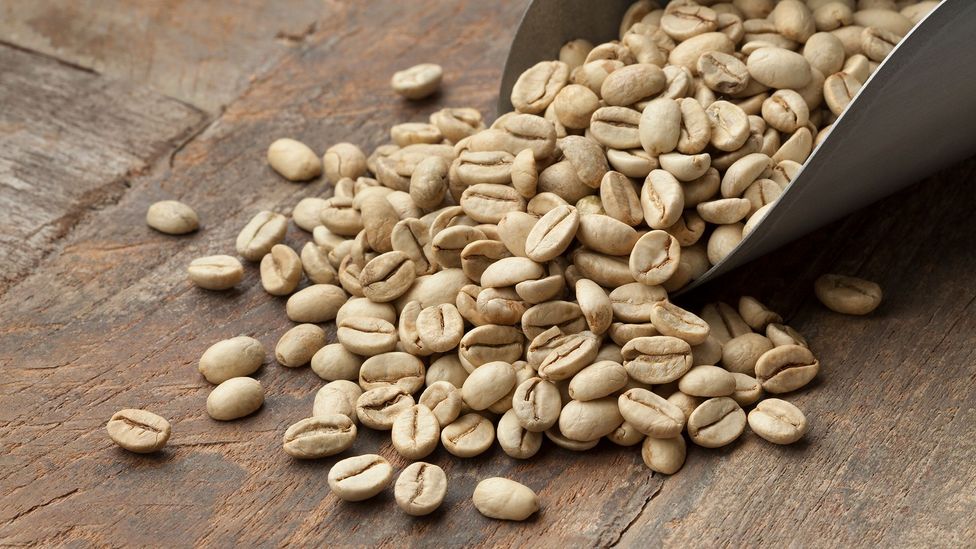
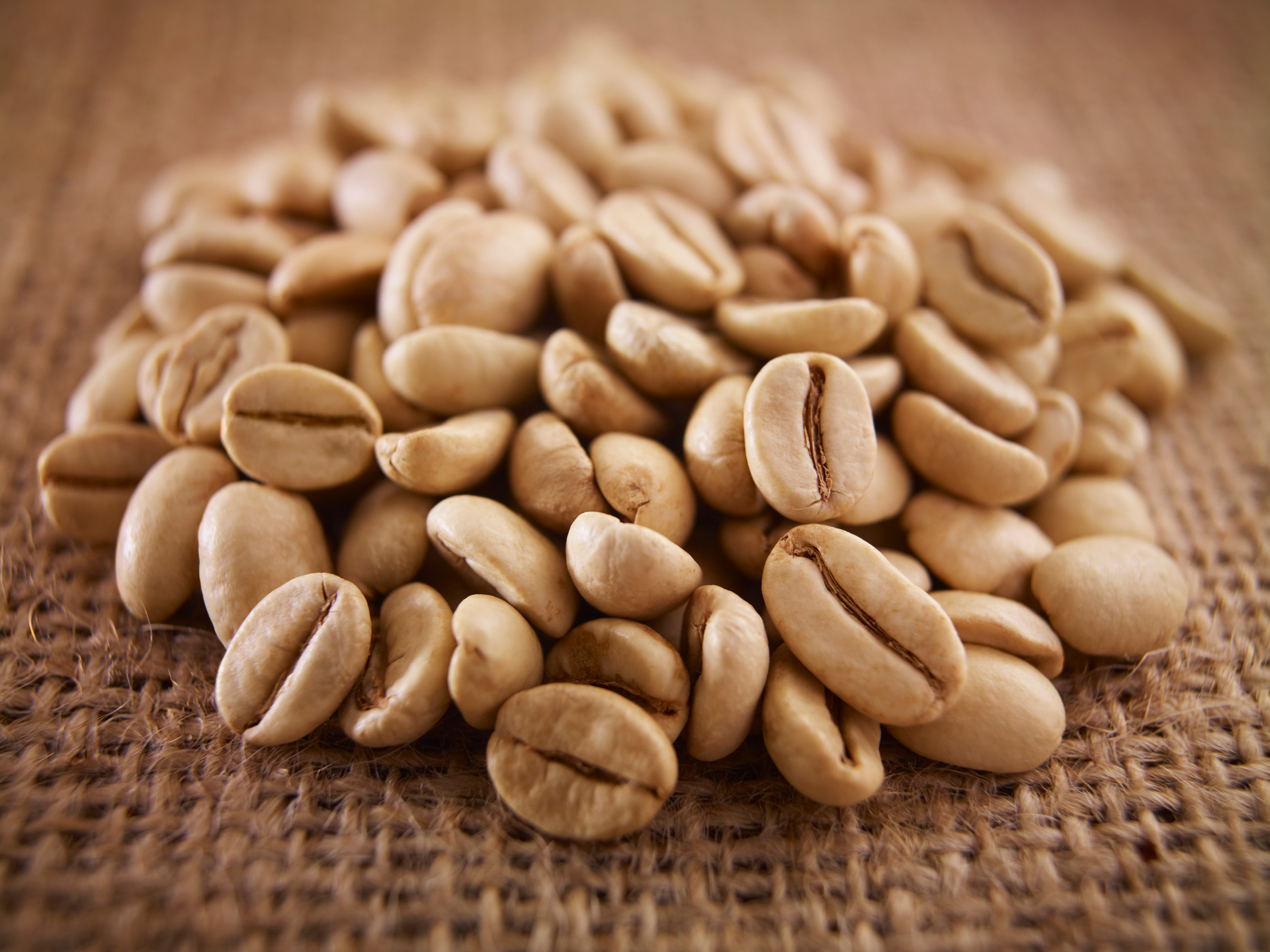
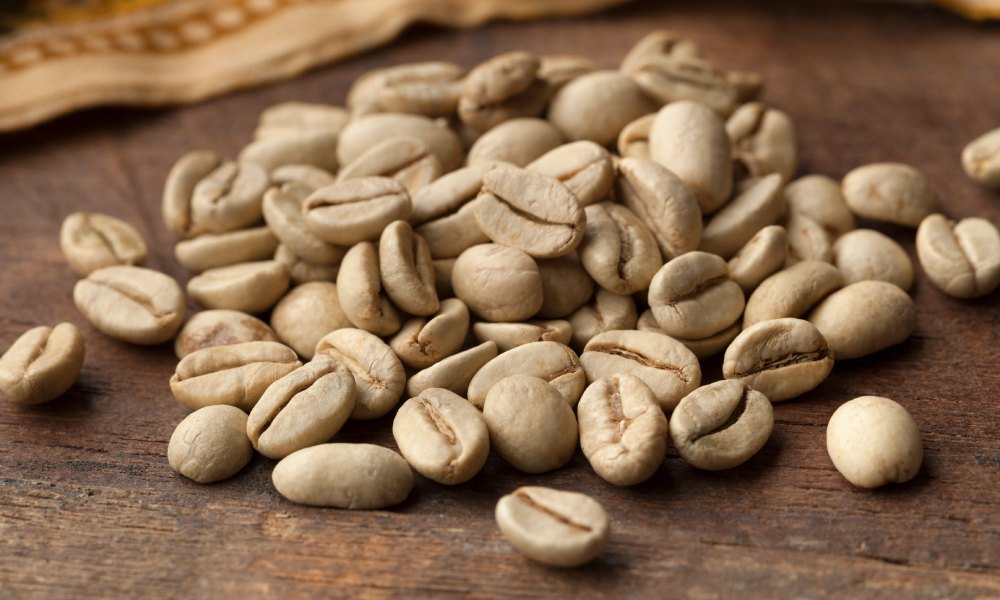
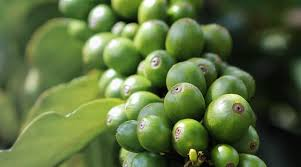
Yirgacheffee
Yirgachefe coffee is a type of coffee that originates from the town of Yirgacheffe in southern Ethiopia. It is known for its sweet and floral aroma, light to medium body, and complex and fruity flavor. Yirgachefe coffee is one of the highest quality Arabica coffees in the world, and is often rated as the best coffee from Ethiopia. Yirgachefe coffee is grown at high altitudes, between 1,700 and 2,200 meters above sea level, which gives it a hard and dense bean that develops more flavor. Yirgachefe coffee is also processed using the wet method, which means that the coffee cherries are washed and peeled before drying, resulting in a cleaner and brighter taste. Some of the common flavor notes of Yirgachefe coffee are lemon, tangerine, coconut, berry, wine, chocolate, and nutty. The flavor can vary depending on the roast level and brewing technique used. Yirgachefe coffee is suitable for both hot and cold brews, and can be enjoyed black or with milk and sugar. If you are looking for a refreshing and aromatic cup of coffee, you might want to try Yirgachefe coffee.
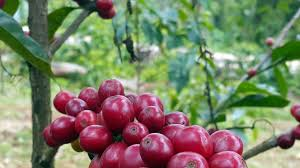
Guji
Guji coffee is an organic Arabica coffee that is grown at high altitudes, between 1,500 and 2,200 meters above sea level. Guji coffee is mostly washed processed, which means that the coffee cherries are soaked in water to remove the pulp and then dried in the sun. Guji coffee is produced by both large-scale plantations and smallholder farmers who follow strict quality standards and organic practices.
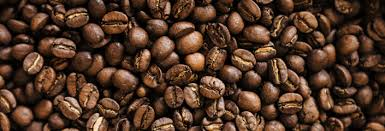
Wellega
Wellega coffee is comes from the Wellega region in western Ethiopia. It is a high-quality Arabica coffee that is grown at altitudes between 1,500 and 2,200 meters above sea level. Wellega coffee is processed using the unwashed or natural method, which means that the coffee cherries are dried in the sun with their skins and pulp intact. This gives the coffee a rich and complex flavor, with notes of fruit, spice, and wine. Wellega coffee is often compared to Harrar coffee, another famous Ethiopian coffee that is also sun-dried.
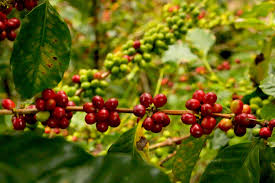
Jimma
Jimma coffee is a type of coffee that is grown in the Jimma zone of the Oromia region in southwestern Ethiopia. Jimma coffee is an Arabica coffee that is grown at altitudes ranging from 1,400 to 2,100 meters above sea level. Jimma coffee can be processed in two ways: wet or dry. Wet-processed Jimma coffee, also known as washed Jimma coffee, is considered to be a high-quality coffee with a low acidity and a balanced body. It has a pleasant aroma and a distinct winy flavor
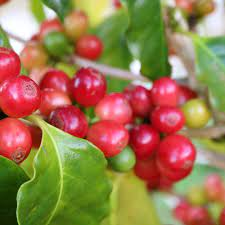
Nekemte coffee
Nekemte coffee is a type of coffee that is grown in the Nekemte region of western Ethiopia. It is one of the many varieties of Ethiopian coffee, which is considered to be the origin of coffee. Nekemte coffee has a pleasant fruity flavor, with hints of honey, citrus, and floral notes. It has long and slender beans, with a green to brownish color. Nekemte coffee is usually processed using the natural or dry method, which means that the coffee cherries are dried in the sun with their skins and pulp intact.
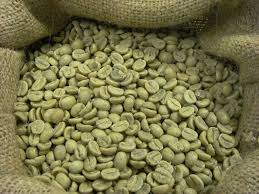
Sidamo
Sidamo coffee is a type of coffee that originates from the Sidama region of Ethiopia, one of the three trademarked coffee regions in the country, along with Yirgacheffe and Harra. Sidamo coffee is suitable for both hot and cold brews, and can be enjoyed black or with milk and sugar. If you are looking for a smooth and fruity cup of coffee, you might want to try Sidamo coffee.
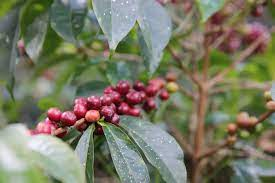
Limu cofee
Limu coffee is an organic Arabica coffee that is grown at high altitudes, between 1,500 and 2,200 meters above sea level. Limu coffee is mostly washed processed, which means that the coffee cherries are soaked in water to remove the pulp and then dried in the sun. This gives the coffee a clean and bright flavor, with a low acidity and a balanced body. Limu coffee has a floral aroma and a complex taste, with notes of lemon, cane sugar, berries, and wine. Limu coffee is produced by both large-scale plantations and smallholder farmers who follow strict quality standards and organic practices.
